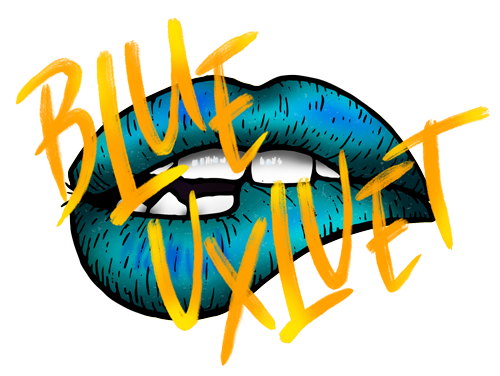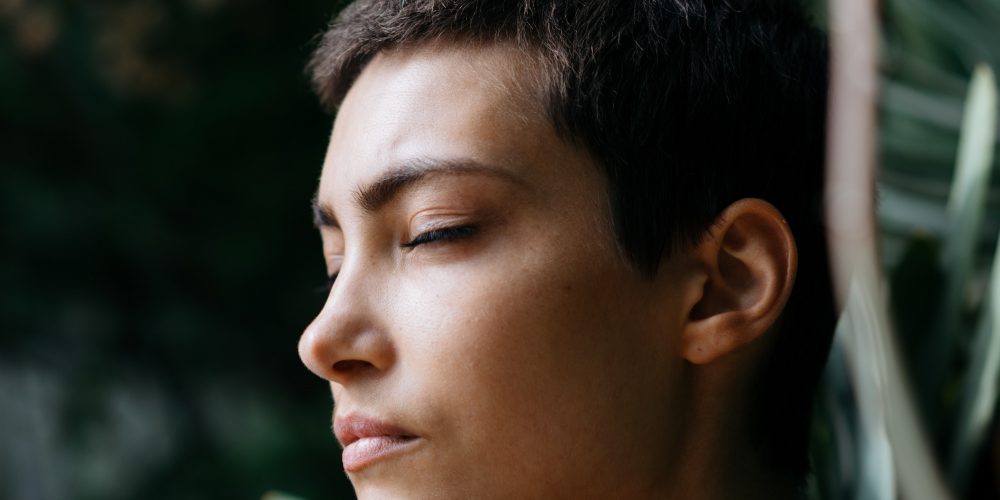Do you remember the way you felt on your very first day of being vegan? I think back to the new and unfamiliar spring in my step, the exciting realisation that I would actively be making a difference to the world, and the relief of finally shedding the guilt for my old eating habits that I had carried around for so long. I found a new lease of life at the end of what had been a particularly challenging year – in many ways, veganism saved me.
One of the beautiful things about the movement was the sense of community I found almost immediately; groups on various social media platforms that were dedicated entirely to veganism began to welcome me with open arms. I was invited into spaces where like-minded people shared recipes, answered questions and gave recommendations on brands, restaurants and holiday destinations. Each dilemma I faced, whether it be omnivorous family members sharing their unfounded views, or whether or not I should purchase a vegan product from a non-vegan company, was met with guidance, support and similar stories. We were all in it together, fighting the same fight, enjoying a new way of life and all of the wonderful things that came with it.
And, for a while, the wonderful things felt like they would never end. The new diet put a stop to the nausea I felt each morning and the lethargy I felt every afternoon. My skin cleared up, my hair felt healthier, I felt well-rested after every single night’s sleep and I was looking at food in a completely different way. I began to take a greater interest in learning new recipes, learning about what was in the food we ate, and the processes that took place before that food landed in our supermarkets. But learning about veganism wasn’t the only thing I needed to do – in order to help others understand the benefits of ditching animal products, I had to learn about what really happens in the animal industry.
The majority of vegans, if not for health or environmental reasons, choose veganism because of animal welfare. We all know that you can’t get a beef burger without killing a cow, but how many of us are aware of the conditions that animals are kept in before they are slaughtered, how ‘humanely’ they are euthanised, or what animal products are contaminated with before they are packaged, shipped and stacked on supermarket shelves? Before I turned vegan, I knew barely anything in comparison to what I now understand, but a thorough understanding of the atrocities of the lifestyle I left behind didn’t bring the peace of mind that I expected it to. Instead, I sometimes find myself feeling guiltier now for having ever eaten meat than I did when I was an actual meat-eater.
Having your eyes opened to the truth of the animal industry is a blessing, but also a curse. I have had my beliefs reaffirmed so many times that the mere thought of ever eating meat or dairy again turns my stomach. But, at the same time, the graphic abattoir videos and images that my vegan friends share online to spread awareness of this issue are burned into my mind forever. Although I no longer pay money to people who allow these awful things to happen to animals, I am still surrounded by people who do. I have family members and friends that, while I love them dearly, remain ignorant to the awful things that happen for the sake of a steak or a slab of their favourite cheese.
It is impossible to expect that the knowledge we gain through veganism could never impact our mental health negatively, regardless of whether or not we, personally, are doing the right thing. Not only do I carry the burden of my past choices on my shoulders, but I also carry that of my friends, my family, the commenters who mock veganism under online articles, and the drivers of animal transportation lorries that pass me on my way to work. Whilst I try to enjoy my vegan dinner, I am troubled by the fact that I know more about what the animals that reside on my non-vegan friends’ plates went through, than the people who are eating them.
However, I have found occasional reminders to myself of why I feel this way to be a very comforting remedy. I am vegan because I am a compassionate person. Sometimes, being vegan can feel like it is worsening my mental health, but veganism, in fact, is not the root of the problem at all.
Being compassionate is a gift; we are able to put the welfare and needs of those less vulnerable than ourselves before our own selfish wants and desires. However, it also means that we are more susceptible to feeling pain on behalf of those who are unable to defend themselves. I feel as though I mourn the loss of each animal that is lost to slaughter as if I knew them personally. While this can be difficult to deal with, it makes us the ideal candidates to fight for animals, and to spread the message of veganism to the people that surround us.
If you are feeling concerned about your mental health, regardless of the cause, it is important to take a step back and recognise when you need help, and to not suffer in silence. Reach out to loved ones or contact your GP for advice and guidance.

